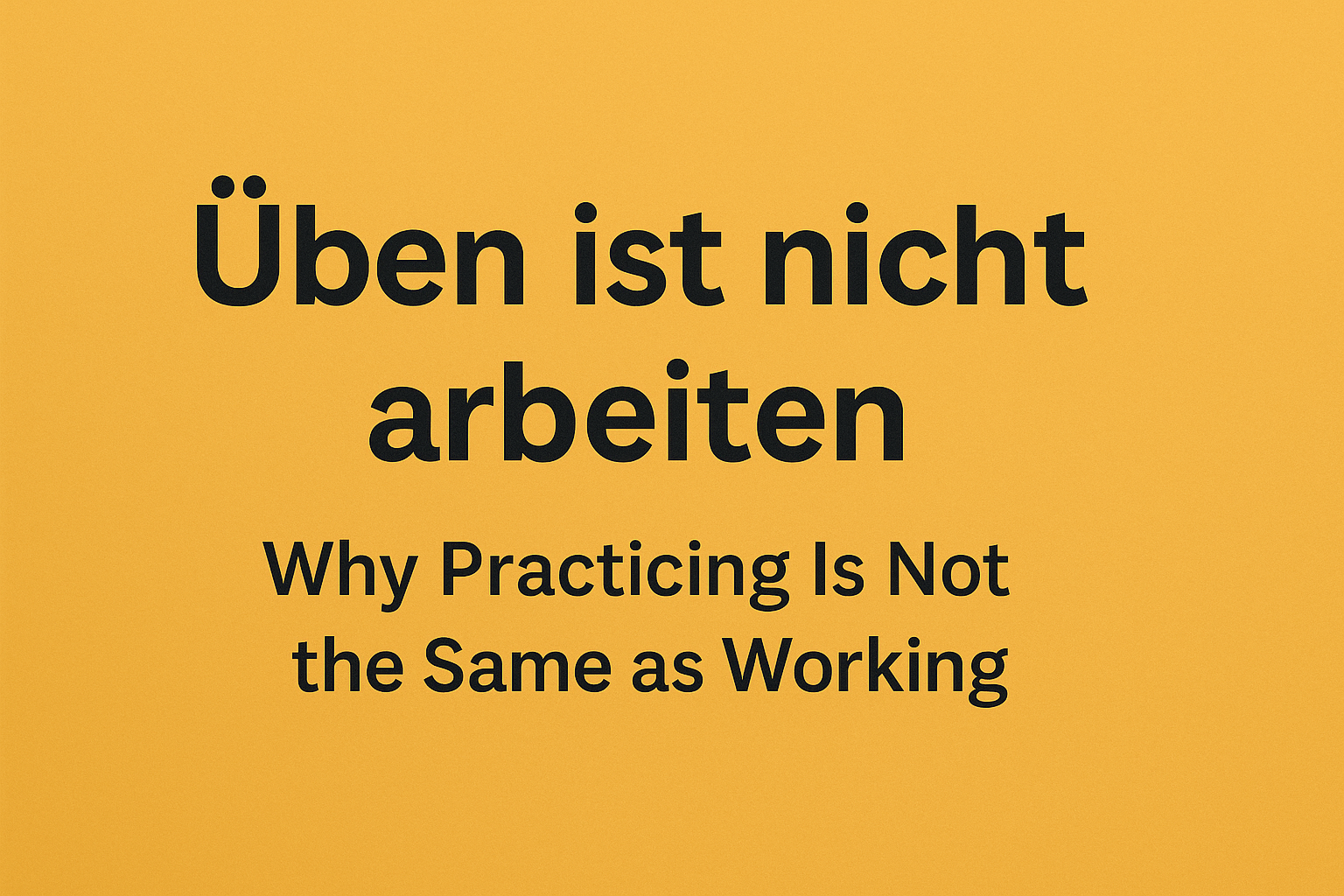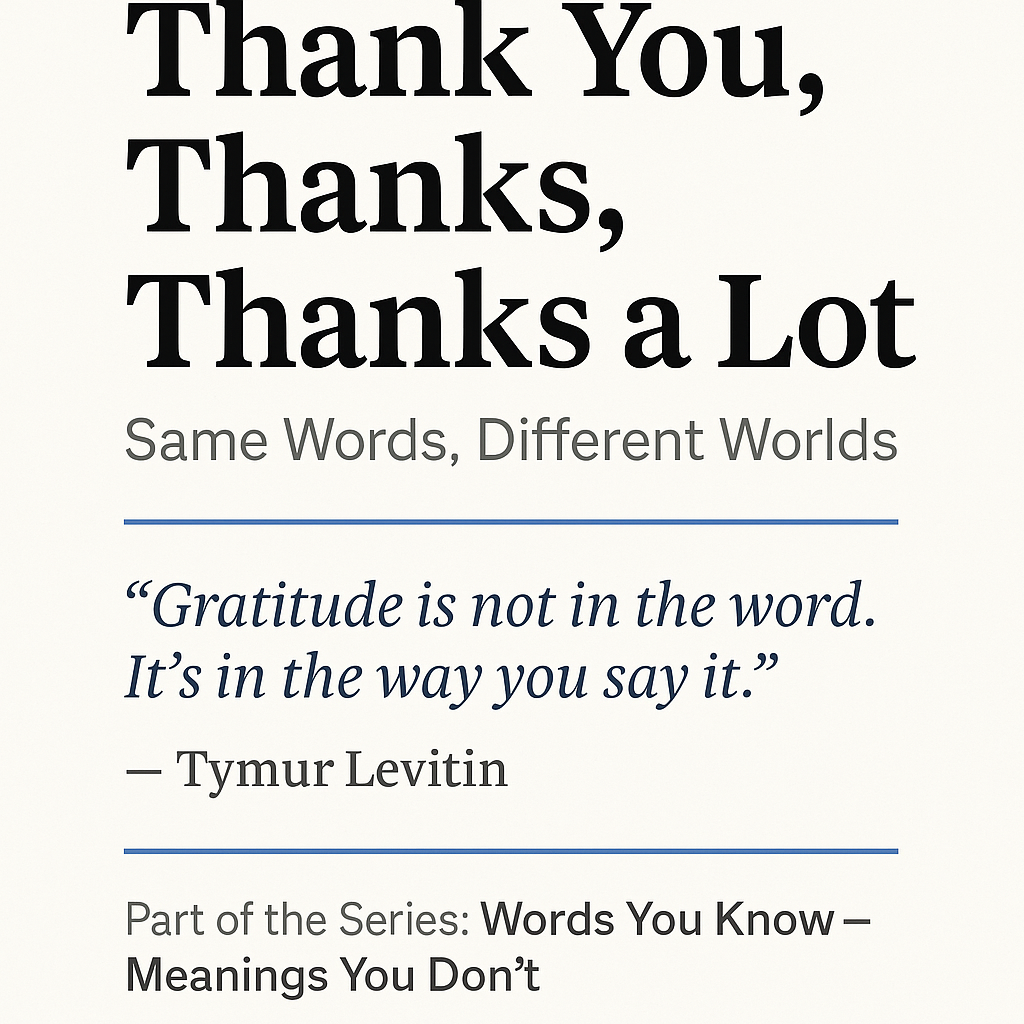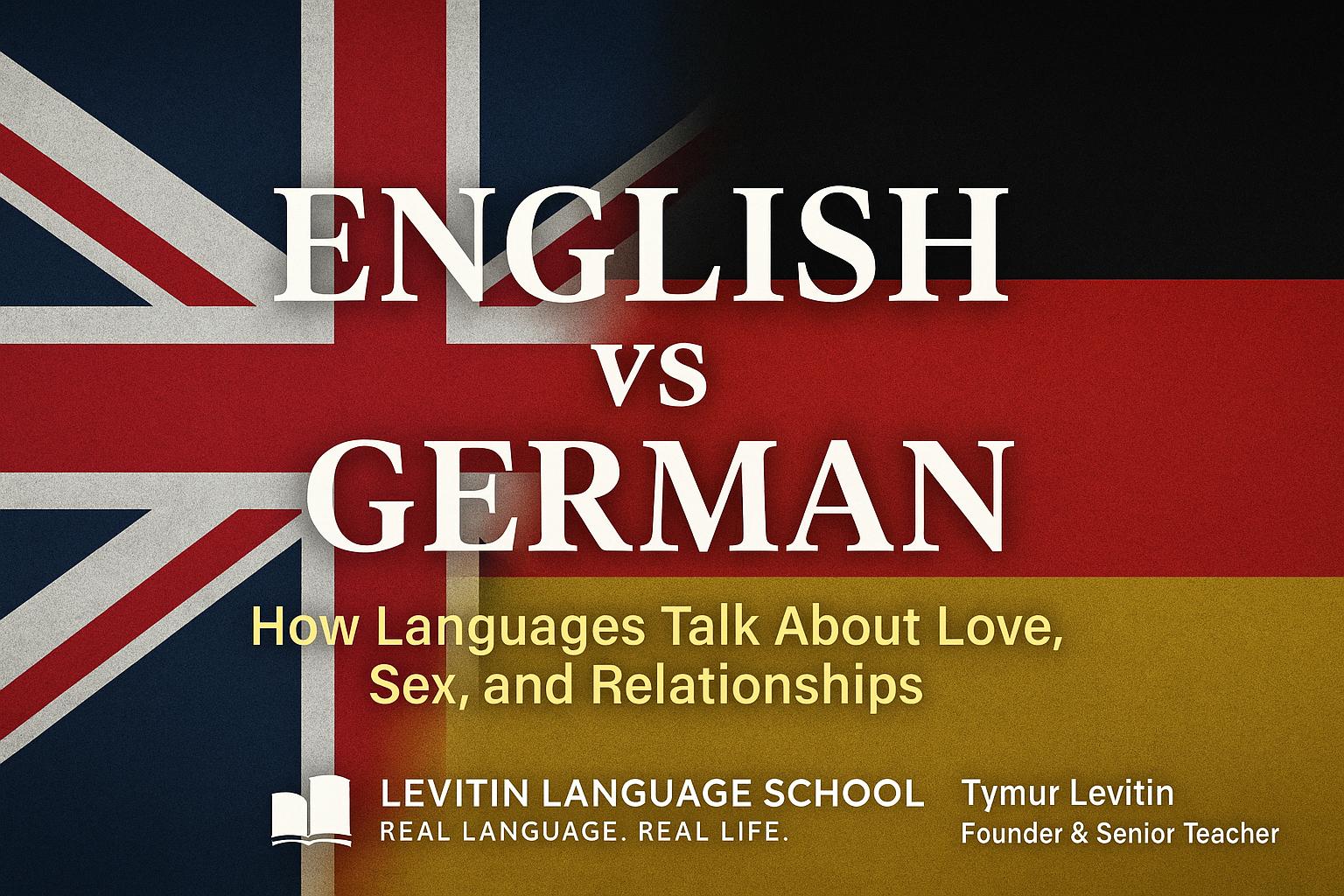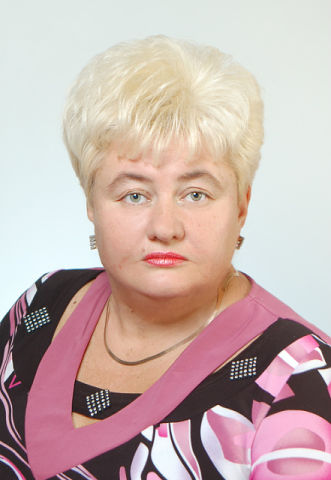Same Words, Different Worlds
“Gratitude is not in the word. It’s in the way you say it.”
— Tymur Levitin
Почему это важно
Most students learn that thank you means gratitude.
And that thanks is the same, just shorter.
But real communication isn’t about vocabulary — it’s about tone, context, and emotional weight.
And the truth is:
“Thank you,” “thanks,” and “thanks a lot” can express completely different things — from warmth to cold distance, from irony to rejection.
Let’s break them down.
1. “Thank You” — Formal, Polite, Reserved
It sounds neutral. Respectful. Often a bit distant.
- Thank you for your time.
- Thank you for letting me know.
- Thank you. That will be all.
This is the version you use:
- in emails
- in professional settings
- in moments when you’re keeping distance
But it can also be cold — or even passive-aggressive — depending on tone:
- Thank you for explaining… again.
- Thank you. (with no smile, no warmth)
→ It may mean: You’re done. I’m done. Let’s move on.
2. “Thanks” — Casual, Friendly, Flexible
This is the most adaptable version.
- Thanks a lot!
- Thanks, I appreciate it.
- Thanks!
- No thanks.
- Thanks anyway.
It can be:
- friendly
- dismissive
- ironic
- warm
- fast
Context decides everything.
That’s why it’s dangerous to think “thanks = polite.”
Sometimes it means: “That was unnecessary.”
3. “Thanks a Lot” — Warm? Or Sarcastic?
Tone is everything here.
If said warmly:
“Thanks a lot — that really helped!”
→ True appreciation
But said with a flat voice or narrowed eyes:
“Oh. Thanks a lot.”
→ Irony. Frustration. You made it worse.
It’s the same words.
But different music, different intention.
Why Native Speakers Don’t Explain This
Because they don’t think about it — they just feel it.
Ask them:
“What’s the difference between thanks и thank you?”
You’ll hear:
“Uhh… I don’t know. Depends how you say it.”
That’s not a failure.
That’s fluency.
So What Should Students Learn?
Not just the phrases — but:
- how they sound
- when they’re used
- what emotion they carry
- when to stay neutral, and when to be clear
Because saying thank you is not always about being nice.
Sometimes it’s about setting a boundary.
Sometimes it’s about softening a no.
Sometimes it’s about surviving an awkward moment.
Let’s Compare:
| Выражение | Possible Meaning | Risk of Misuse |
|---|---|---|
| Thank you. | Formal, polite, respectful | Can sound cold |
| Thanks. | Casual, friendly, informal | Can feel too quick |
| Thanks a lot. | Warm — or ironic | Easily misunderstood |
| Thanks anyway. | Kind gesture — or subtle rejection | Context-sensitive |
| No thanks. | Polite refusal — or dismissive tone | Strong tone variation |
How We Teach This at Levitin Language School
We teach students to:
- notice tone
- compare intention
- listen beyond the word
- translate feeling, not vocabulary
Because “thank you” is not what makes you polite.
Your delivery does.
Related posts from our blog
→ Real Language Is Never Literal
→ What If I Had Known?
→ Языковой барьер - это не про язык
→ Grammar Is How We Think
📘 Part of the Series: Words You Know — Meanings You Don’t
Explore how familiar words carry unfamiliar meanings across languages and cultures.
👤 Learn more about the author → Tymur Levitin
© Тимур Левитин. Все права защищены.






















